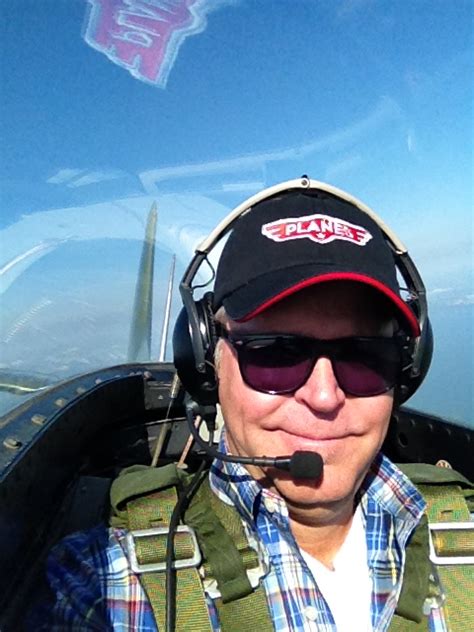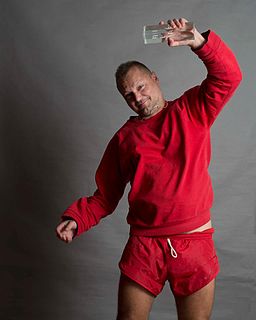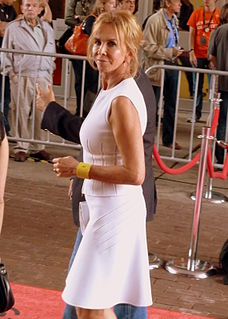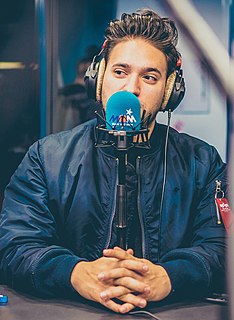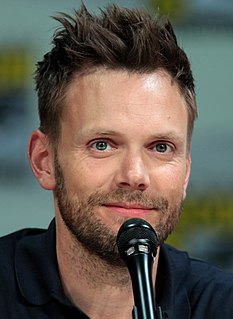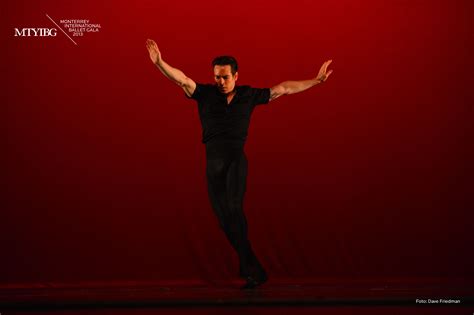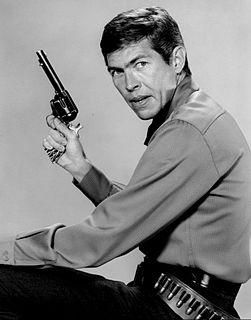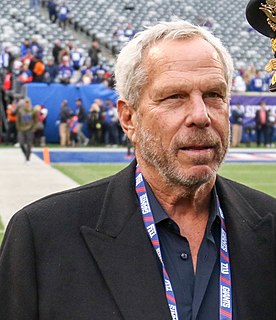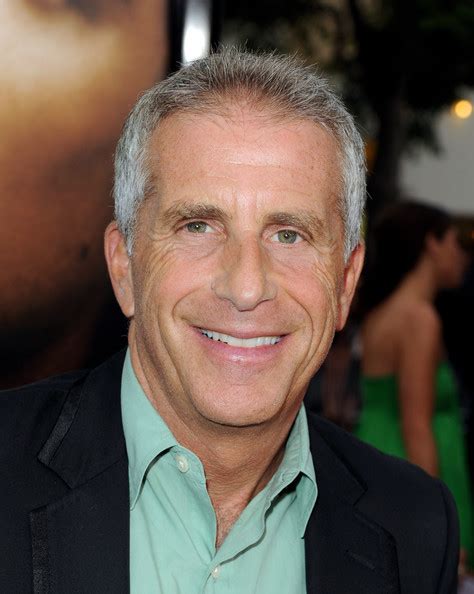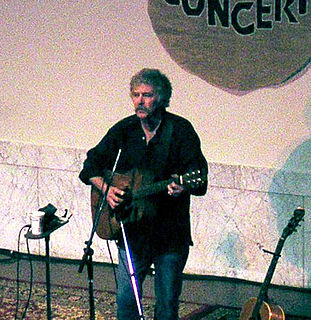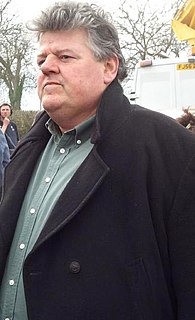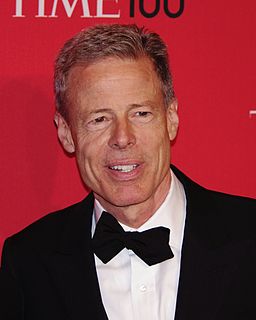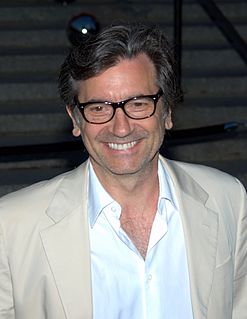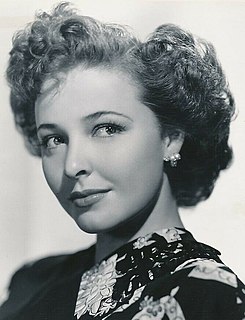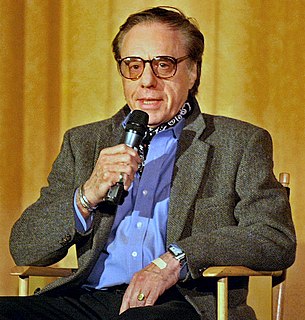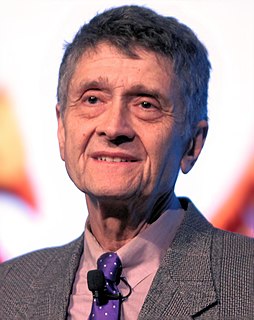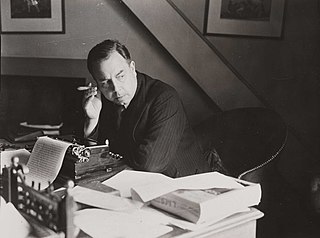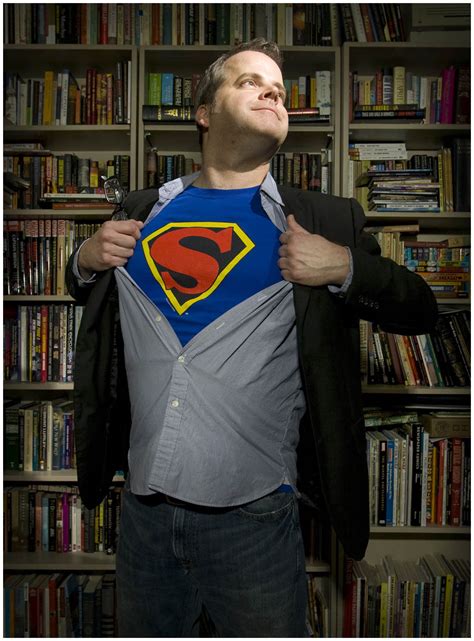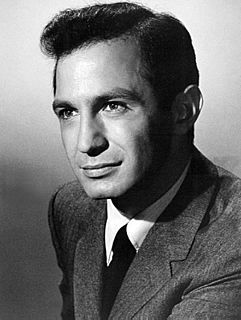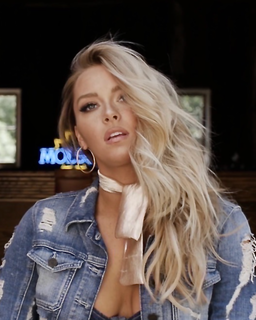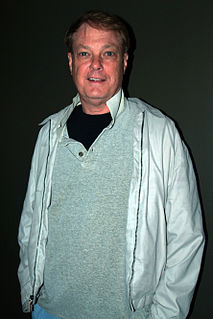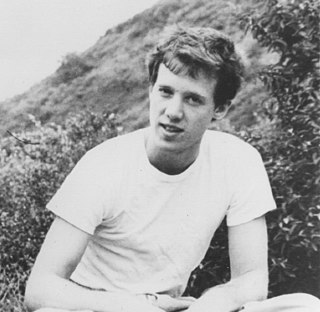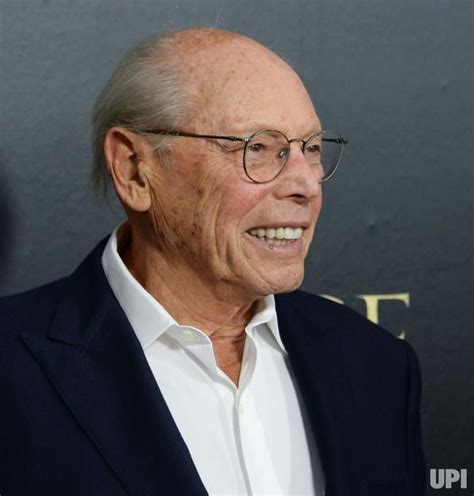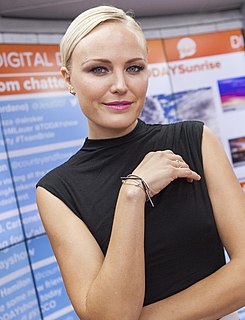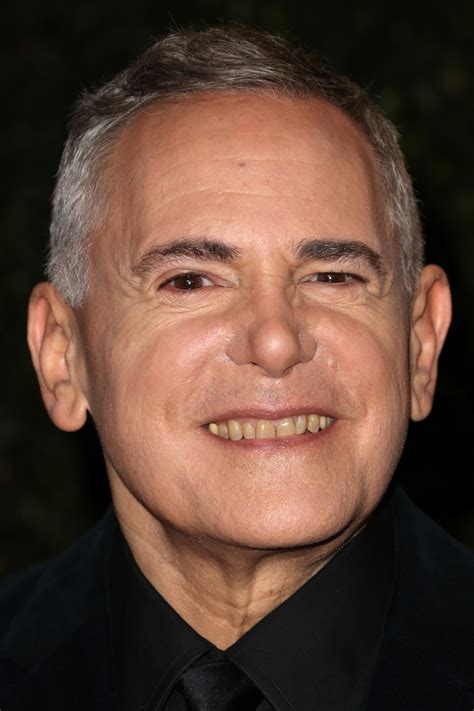Top 746 Studios Quotes & Sayings - Page 8
Explore popular Studios quotes.
Last updated on November 22, 2024.
I got on Twitter because it was a way to express guitar and surfing, and who I was, but now - it's still fun, and I can do that - but I think it's more of a business. I thought it was a personal thing that actors could do themselves, but now it's become a tool that studios are trying to use to sell their movies.
These days there are painters that go inside a factory in order to be inspired by the noise of machines, so that it affects their works. Of course, artists need sensibility; sensibility towards their environment and their community, but when they are stirred enough by their experiences in their society they can create their art in small studios.
We wanted to take on social and political and LGBTQ stories which no one at the upper level of the entertainment industry ever really wants to do. So you have to fight, and you have to persuade, and you have to manipulate the studios and the networks. And you have to go back - over and over again - until they say yes.
